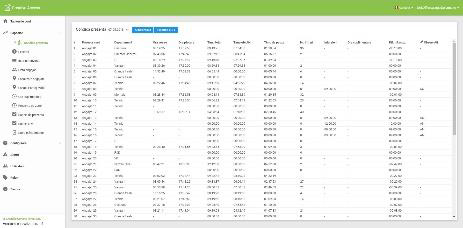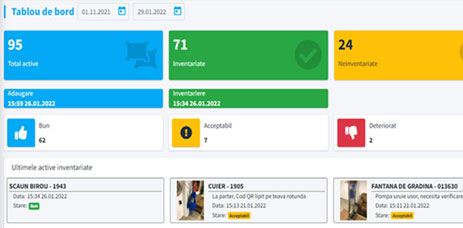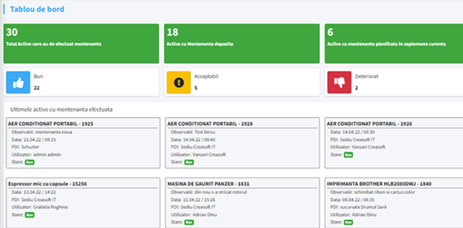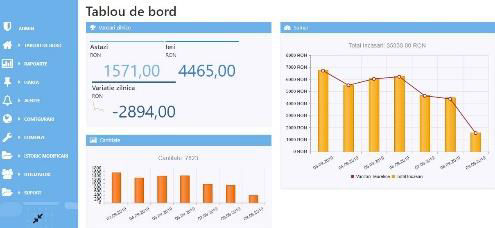
“Member States must oblige the employers to set up a system to measure the daily working time!”
JUDGMENT OF THE COURT (Grand Chamber) published on May 14, 2019 in case C 55/18,
REQUEST for a preliminary ruling under Article 267 TFEU from the Audiencia Nacional (National High Court, Spain), made by decision of 19 January 2018, received at the Court on 29 January 2018, in the proceedings Federación de Servicios de Comisiones Obreras (CCOO) versus Deutsche Bank SAE, “The request has been made in proceedings between the Federación de Servicios de Comisiones Obreras (CCOO) and Deutsche Bank SAE concerning the lack of a system for recording the time worked each day by the workers employed by the latter.
Excerpt of the decision:
“56 ….a system enabling the time worked by workers each day to be measured offers those workers a particularly effective means of easily accessing objective and reliable data as regards the duration of time actually worked by them and is thus capable of facilitating both the proof by those workers of a breach of the rights conferred on them by Articles 3 and 5 and 6(b) of Directive 2003/88, which give specific form to the fundamental right enshrined in Article 31(2) of the Charter, and also the verification by the competent authorities and national courts of the actual observance of those rights.……
58 It follows that in the absence of a system enabling the time worked each day by each worker to be measured there is nothing to ensure, as is clear moreover from the elements provided by the referring court referred to in paragraph 26 above, that actual compliance with the right to a limitation on maximum working time and minimum rest periods conferred by Directive 2003/88 is fully guaranteed to workers, since that compliance is left to the discretion of the employer.
60 Consequently, in order to ensure the effectiveness of those rights provided for in Directive 2003/88 and of the fundamental right enshrined in Article 31(2) of the Charter, the Member States must require employers to set up an objective, reliable and accessible system enabling the duration of time worked each day by each worker to be measured.
62 In this regard, the establishment of an objective, reliable and accessible system allowing the measurement of the daily working time of each worker falls within the general obligation of the Member States and of the employers, provided for in Articles 4 (1) and 6 (1) of Directive 89/391, to ensure an organization and the necessary means for the protection of the safety and health of workers. In addition, such a system is necessary to allow workers' representatives, who have a specific function in the protection of workers' safety and health, to exercise their right, as provided for in Article 11 (3) of this Directive, to require the employer to take appropriate actions and to submit proposals to it.
63 In that regard, the introduction of an objective, reliable and accessible system enabling the duration of time worked each day by each worker to be measured falls within the general obligation, for Member States and employers, laid down in Article 4(1) and Article 6(1) of Directive 89/391, to provide the organisation and means necessary for the protection of the safety and health of workers. Moreover, such a system is necessary in order to enable worker representatives, who have a specific responsibility in respect of the protection of the safety and health of workers, to exercise their right, laid down in Article 11(3) of that directive, to ask the employer to take appropriate measures and to submit proposals to it.
Articles 3, 5 and 6 of Directive 2003/88/EC of the European Parliament and of the Council of 4 November 2003 concerning certain aspects of the organisation of working time, read in the light of Article 31 (2) of the Charter of Fundamental Rights of the European Union, as well as of Articles 4 (1), 11 (3) and 16 (3) of Council Directive 89/391 / EEC of June 12, 1989 on the implementation of measures to promote the improvement of the safety and health of workers at work, must be interpreted as opposing a regulation of a Member State which, according to its interpretation by national case law, does not impose on employers the obligation to establish a system that allows the daily working time of each worker to be measured. …. You can browse it fully on the website of the Court of Justice of the European Union:





